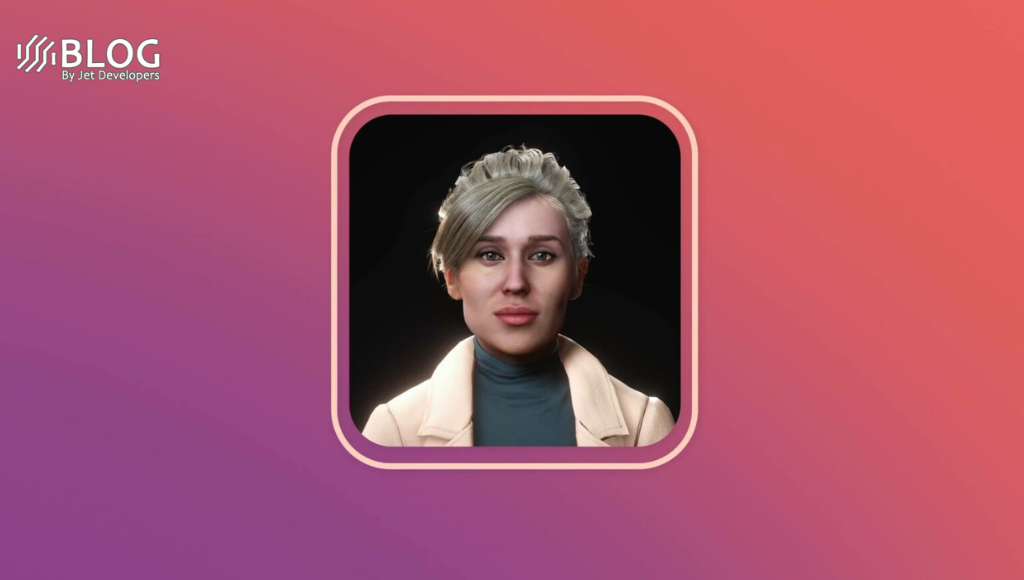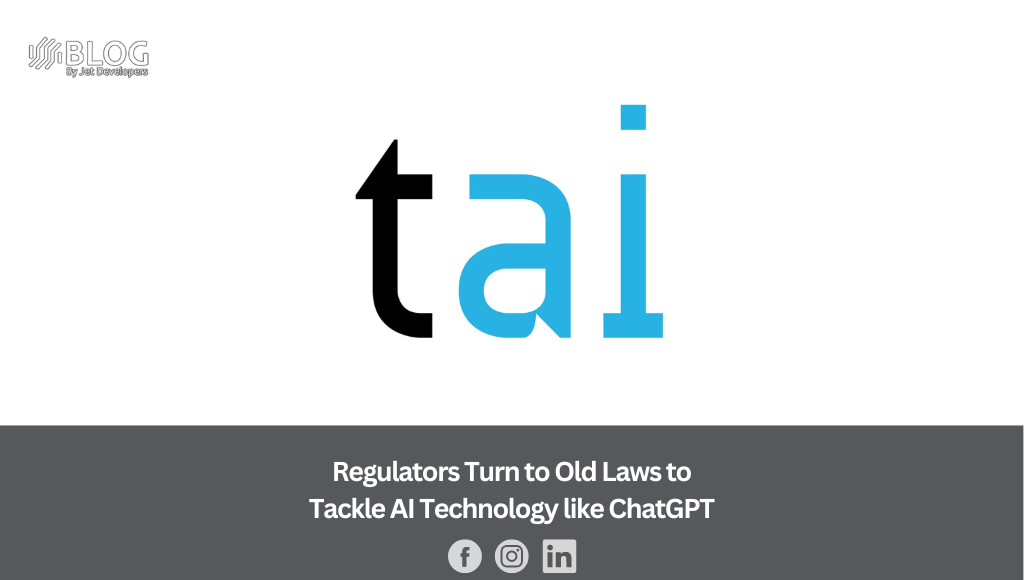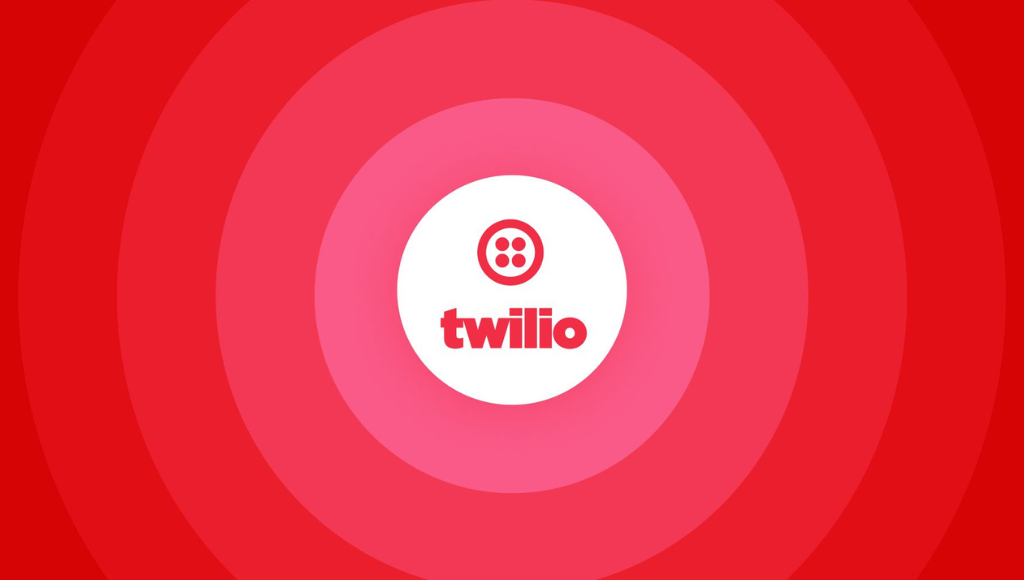AI Foundation, renowned for its development of virtual Deepak Chopra, has recently launched AI.XYZ, an innovative platform that allows individuals to create their own AI assistants.
This exciting development aims to foster a harmonious coexistence with AI, emphasizing the idea that AI assistants can alleviate some of our daily burdens rather than posing a threat. The primary goal of AI.XYZ, touted as the world’s first AI life management platform, is to enhance the work-life balance for individuals navigating hectic schedules, as stated by Lars Buttler, Chairman of AI Foundation, a dual-purpose organization comprising both commercial and nonprofit arms.
By leveraging AI.XYZ, users can design customized AI assistants capable of providing reliable support in both personal and professional spheres. These AI companions, unique to their creators, possess the ability to assist with various tasks such as note-taking, email composition, brainstorming, and offering tailored advice and perspectives.
Unlike off-the-shelf AI assistants offered by major companies like Amazon, Google, Apple, or ChatGPT, AI.XYZ enables individuals to exclusively own their AI creations. These personal assistants possess a deep understanding of their creators’ values and objectives, thereby delivering more personalized assistance. The company envisions vast opportunities for workplaces and enterprises to equip each employee with their own AI assistant.
Work-related stress affects approximately 83% of employees, with seven out of ten individuals lacking engagement and not performing to their full potential, according to Zippia. With AI.XYZ, individuals gain access to personal proofreaders, content creators, and brainstorming partners, resulting in substantial time savings and improved work quality.
Rob Meadows, CEO of AI Foundation, emphasized their objective of granting individuals more time and energy to focus on activities they cherish, stating, “Our goal is to provide everyone with their own AI that proactively supports them, without replacing humans. AI.XYZ will enable individuals to work collaboratively with their personal AI assistants, ensuring a seamless partnership day and night.”
How it works

AI.XYZ is available in public beta and can be accessed on the web with an invitation code. Creators can interact with their AIs through text, voice, and video. A free subscription to AI.XYZ allows users to get started creating their own AI, while a premium subscription for $20 per month allows additional capabilities and customization options.
The AI Foundation has collaborated with top research institutions like the Technical University of Munich to create “sustainable AI” for everyone. The foundation also pioneered the concept of allowing individuals to create their own AI in 2019 through collaborations with early adopters such as billionaire Richard Branson and Deepak Chopra, among others. It spun out run of its research projects, Reality Defender, which has become a deep fake detection platform trusted by governments.
AI.XYZ said it protects user data and privacy while offering personalized benefits to its creators. Each AI is trained on its purpose, tasks to assist with, desired personality traits, preferred expressions, and ideal behaviors.
Creators can expand their AI’s knowledge through document sharing, linking to websites like LinkedIn and noting personal memories for future reference. Creators can also decide what their AI will look and sound like by either cloning their own face and voice or choosing options from the AI.XYZ library.
Origins

AI Foundation was started in 2017. Investors include Twitter cofounder Biz Stone, Founders Fund, OVO, Endeavor, The Brandtech Group, Alpha Edison and Correlation Ventures.
The foundation started as a nonprofit and remains both a nonprofit and a commercial entity today. If it finds commercial opportunities in its research, it can spin them out as startups.
“Years ago, before AI was cool, we innovated in AI,” said Lars Buttler, chairman of AI Foundation, in an interview with GamesBeat.
He noted that his prior company, online game publisher Trion Worlds, created cloud-based massively multiplayer online game worlds that had deeper AI characters. That company didn’t survive, but it helped the AI Foundation team think more about creating smart AI.
“The idea of creating very smart AI for (non-player characters) NPCs — your sidekicks or even a version of you — never really left me,” Buttler said. “I teamed up a few years ago with Rob and we decided to just go for that. It was a time when there was no ChatGPT. AI was not really cool yet. Nowadays, Marc Andreessen, Bill Gates — everybody talks about how personal AI is going to be the big thing. Everybody will have their own personal AI. We decided to do this years ago and build really interesting technology.”
Along the way, AI Foundation created Reality Defender as a for-profit company that could identify deep fakes for governments, banks and other parties to protect them from fraud. The foundation also got a lot of attention for creating a digital version of Deepak Chopra, the mindfulness and alternative medicine advocate, Meadows said.
“But we still believe that personal AI is even more important and even bigger,” Buttler said. “And you know, as we have to deal with all these layoffs and AI encroaching on our jobs, having your own AI sidekick is a really good thing. And so we spent the last few years basically trying to make this affordable for the masses.”
Then the large language models (LLMs) like ChatGPT came along and made things much easier. The company had focused on creation of digital characters and natural language conversational interfaces. That helped lead to the announcement of AI.XYZ.
“We are now we are now capable to literally taking all these books, and any document you have, any content you have, and to literally just drop it in,” Buttler said. “So our technology has evolved a lot. We always use this example of how I learn Kung Fu from The Matrix. I can train my AI, everything about any topic, by literally just dropping all of this into my personal AI brain. And that’s a huge development. And it makes it so much easier to develop personal AI.”






